
Mimosa Pudica: Medicinal Value and Uses
Mimosa pudica, commonly known as the “sensitive plant” or “touch-me-not,” is a remarkable plant famous for its unique ability to fold its leaves when touched. Beyond its fascinating characteristic, this plant has been widely used in traditional medicine for centuries. Mimosa pudica is celebrated for its numerous medicinal properties, which offer a variety of health benefits, ranging from wound healing to digestive support. In this article, we will delve into the medicinal value and diverse uses of Mimosa pudica.
Medicinal Properties of Mimosa Pudica
Antimicrobial: Mimosa pudica has powerful antimicrobial properties that help combat both bacterial and fungal infections effectively.
Anti-inflammatory: The plant is known for its anti-inflammatory effects, making it an excellent remedy for reducing inflammation associated with wounds, joint pain, and various skin conditions.
Antioxidant: Rich in antioxidants, Mimosa pudica helps protect the body from oxidative stress and the damage caused by free radicals, supporting overall health and longevity.
Astringent: The plant’s astringent properties contribute to tightening tissues, which reduces bleeding and accelerates wound healing.
Antiparasitic: Mimosa pudica is traditionally used in Ayurvedic medicine to expel intestinal parasites and worms, providing a natural remedy for gastrointestinal issues.
Sedative: With mild sedative properties, it helps soothe the nervous system, making it beneficial for reducing anxiety and improving sleep quality.
Antidiarrheal: The plant’s ability to strengthen intestinal walls helps prevent diarrhea by promoting better digestion and gut health.
Medicinal Uses of Mimosa Pudica
1. Treats Wounds and Skin Infections
One of the primary uses of Mimosa pudica is in wound care. Due to its antibacterial and anti-inflammatory properties, the plant is effective in treating cuts, burns, and infections. The leaves can be crushed into a paste and applied directly to the affected area, promoting faster healing.
Why It Works:
-
Its astringent nature helps stop bleeding.
-
Antimicrobial properties prevent infection and accelerate healing.
2. Supports Digestive Health
Mimosa pudica is frequently used to treat digestive disorders like diarrhea and irritable bowel syndrome (IBS). Its antidiarrheal properties strengthen the intestinal walls, preventing excessive fluid loss. The plant also aids in removing parasites from the digestive system, improving overall gut health.
Why It Works:
-
Reduces diarrhea symptoms and promotes digestion.
-
Expels intestinal worms, improving overall digestive function.
3. Expels Intestinal Parasites
The seeds of Mimosa pudica are known for their antiparasitic effects. In traditional Ayurvedic medicine, the seeds are used to eliminate intestinal parasites, including tapeworms and roundworms. The plant’s active compounds work by paralyzing and expelling these harmful organisms from the body.
Why It Works:
-
Particularly effective against intestinal parasites, especially in children.
-
Helps eliminate toxins and pathogens from the digestive tract.
4. Reduces Inflammation and Pain
Mimosa pudica has potent anti-inflammatory properties, making it valuable in treating conditions like arthritis and joint pain. It can be consumed as tea or applied topically as a paste to reduce swelling and discomfort.
Why It Works:
-
Helps alleviate joint inflammation and pain.
-
Topical use can relieve muscle soreness and swelling.
5. Improves Respiratory Health
In traditional medicine, Mimosa pudica has been used to treat respiratory conditions such as asthma, bronchitis, and persistent coughs. Its ability to reduce mucus buildup in the lungs facilitates easier breathing. The plant’s anti-inflammatory properties also help soothe the airways.
Why It Works:
-
Acts as a natural expectorant, clearing mucus from the respiratory system.
-
Reduces inflammation in the airways, benefiting asthma and bronchitis patients.
6. Calms the Nervous System
With its mild sedative effects, Mimosa pudica is useful for calming the nervous system, making it ideal for alleviating anxiety, stress, and insomnia. Drinking Mimosa pudica tea before bed can improve sleep quality and promote relaxation.
Why It Works:
-
Soothes the mind, reducing stress levels.
-
Aids in improving sleep quality by acting as a natural sedative.
7. Promotes Uterine Health
Mimosa pudica is commonly used in traditional medicine to support women’s reproductive health. It is believed to regulate menstrual cycles and alleviate uterine disorders. The plant can also be used to reduce menstrual cramps and pain.
Why It Works:
-
Supports reproductive health and helps balance menstrual cycles.
-
Effective in alleviating menstrual discomfort.
8. Helps Manage Diabetes
Emerging studies suggest that Mimosa pudica can help regulate blood sugar levels, which could be beneficial for those with diabetes. The plant’s ability to enhance insulin sensitivity and reduce glucose absorption may help manage blood sugar levels naturally.
Why It Works:
-
Regulates blood sugar levels by improving insulin sensitivity.
-
May reduce glucose absorption, helping in diabetes management.
How to Use Mimosa Pudica
-
Mimosa Pudica Tea: To prepare tea, boil a few Mimosa pudica leaves in water for 10-15 minutes. Drink the tea to experience its anti-inflammatory and digestive benefits.
-
Topical Paste: Crush fresh leaves into a paste and apply it directly to wounds, cuts, or inflamed areas to support healing and reduce swelling.
-
Mimosa Pudica Powder: Grind the seeds into powder, which can be consumed in capsules or mixed into water to help expel parasites and promote digestive health.
-
Tinctures: Mimosa pudica tinctures, available at health food stores, can be taken orally to support general wellness.
Conclusion
Mimosa pudica, often regarded as more than just a sensitive plant, boasts a wide array of health benefits. With its antimicrobial, anti-inflammatory, and antiparasitic properties, this plant plays an important role in traditional medicine, offering natural remedies for wounds, digestive health, and more. However, it’s essential to consult a healthcare professional before introducing any new herbal remedy into your health routine, especially for individuals who are pregnant, nursing, or dealing with pre-existing health conditions.
News in the same category


The Secret Power of Plantago Major that no one knows
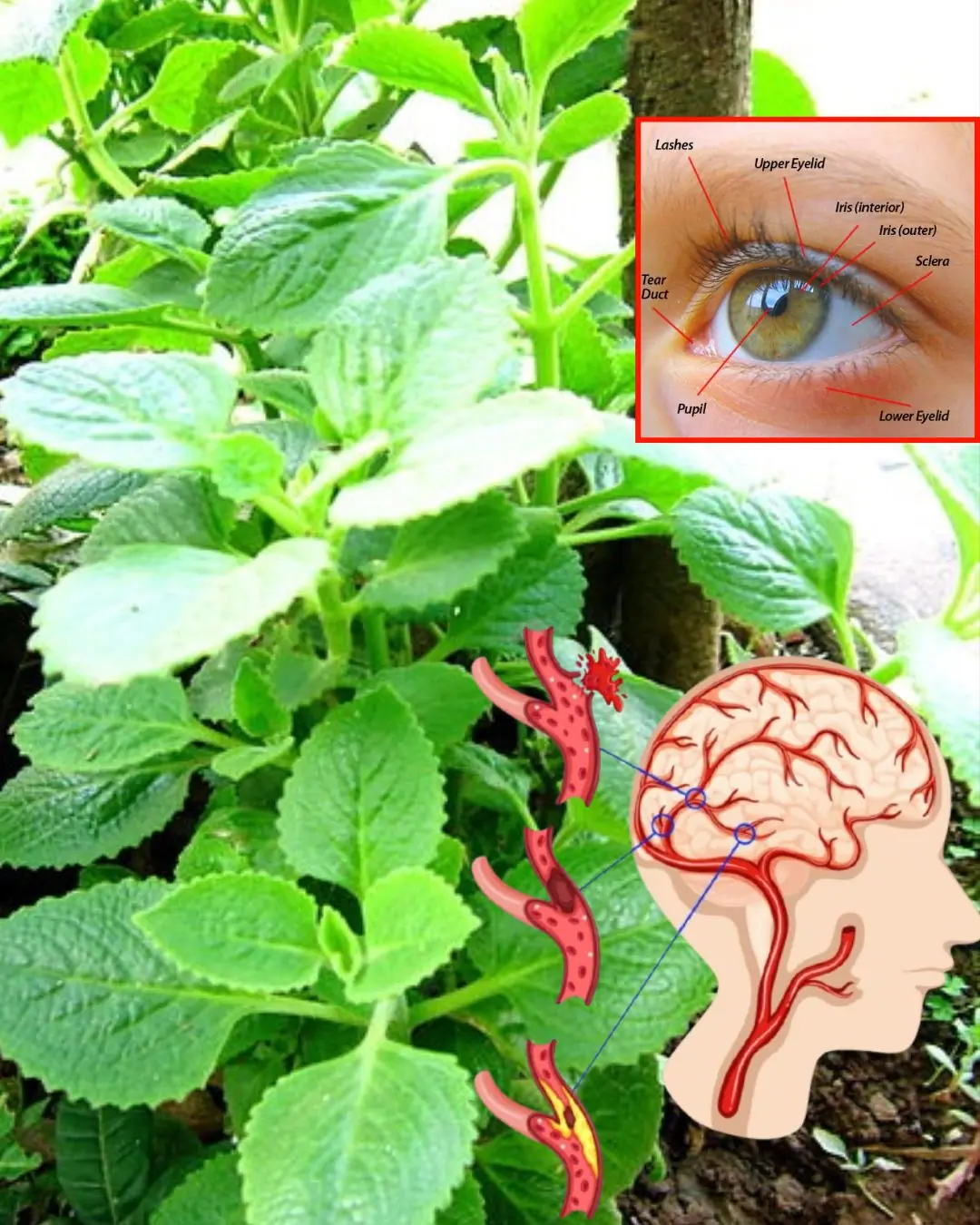
"The best plant for eyesight 👀 and much more… See more in the first comment."

Discover Garden Gold: Dandelion’s Hidden Power

The Power of Chanca Piedra: 10 Benefits and Uses
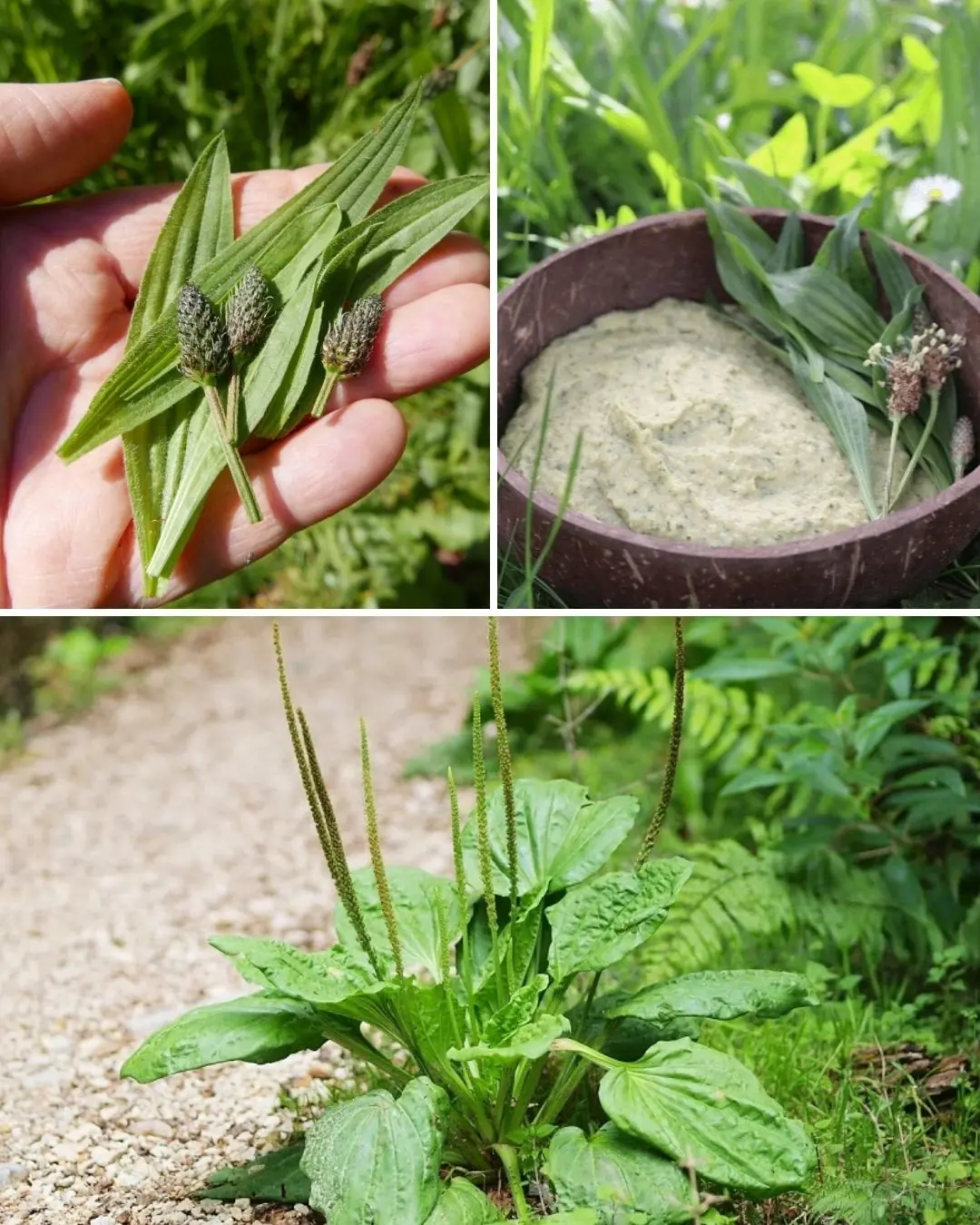
The Incredible Benefits of Plantago lanceolata and How to Use It

Exploring the Health Benefits of Common Mallow: A Nutritional Powerhouse

2 Cloves a Day Trigger Irreversible Changes in Your Body — Especially After 40

Kyllinga brevifolia (Rottb): Benefits and How to Use It

Every Part of the Guava Tree Is Like “Gold”: 25 Health Benefits of Guava Fruit and Leaves 🌿

Try This Before Bed and Feel the Spark
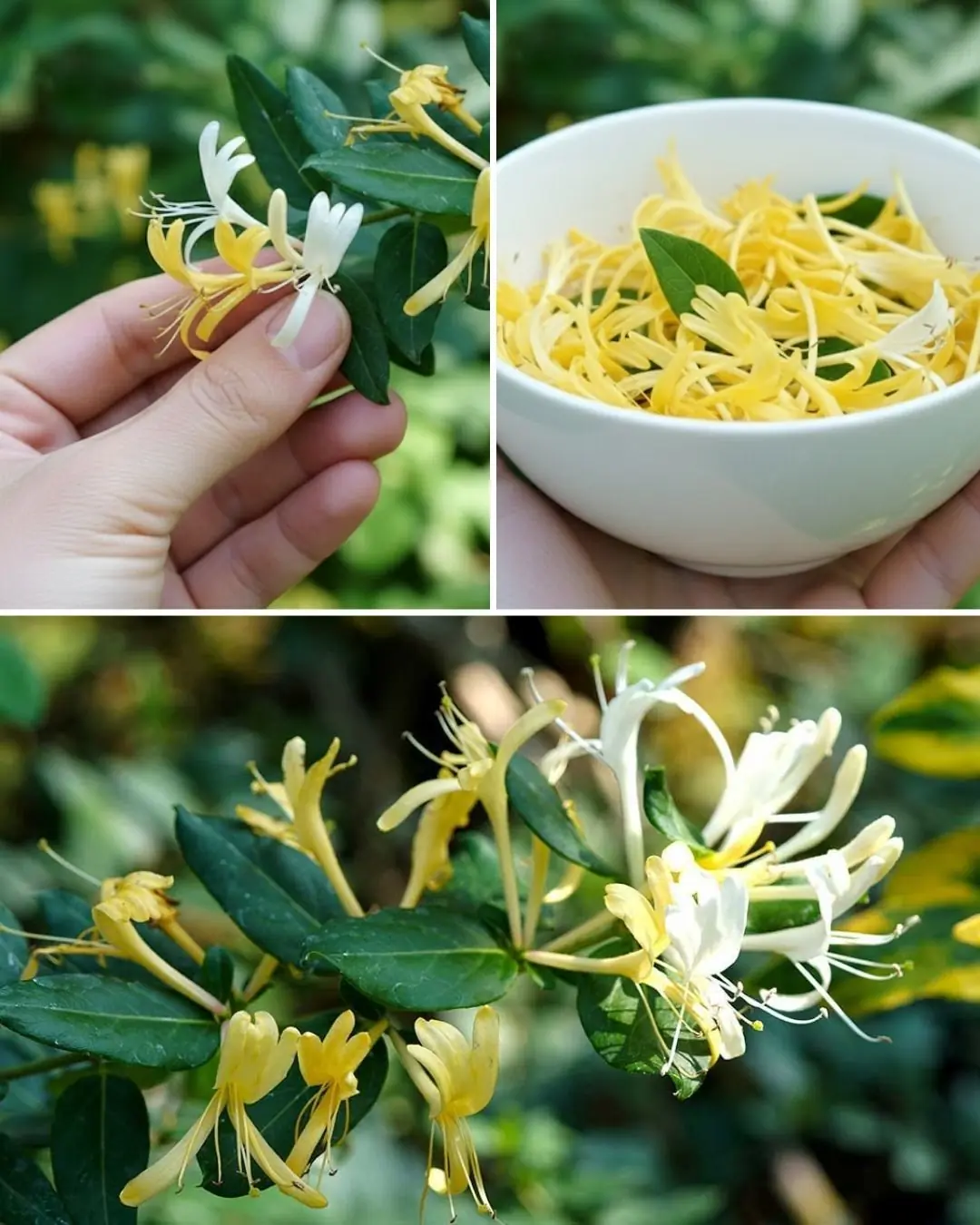
Japanese Honeysuckle (Lonicera japonica): Health Benefits and Homemade Uses

🦵 Discover the Miracle Drink That Rebuilds Knee Cartilage Fast for Seniors!

A Unique Way to See Vietnam – Naturally, Deliciously, and Mindfully

Did You Know? 25 Surprising Health Benefits of Cucumbers!

Papaya releases a milky sap, but most people don’t realize how important it is

Beware Datura: Why You Must Avoid This Toxic Plant
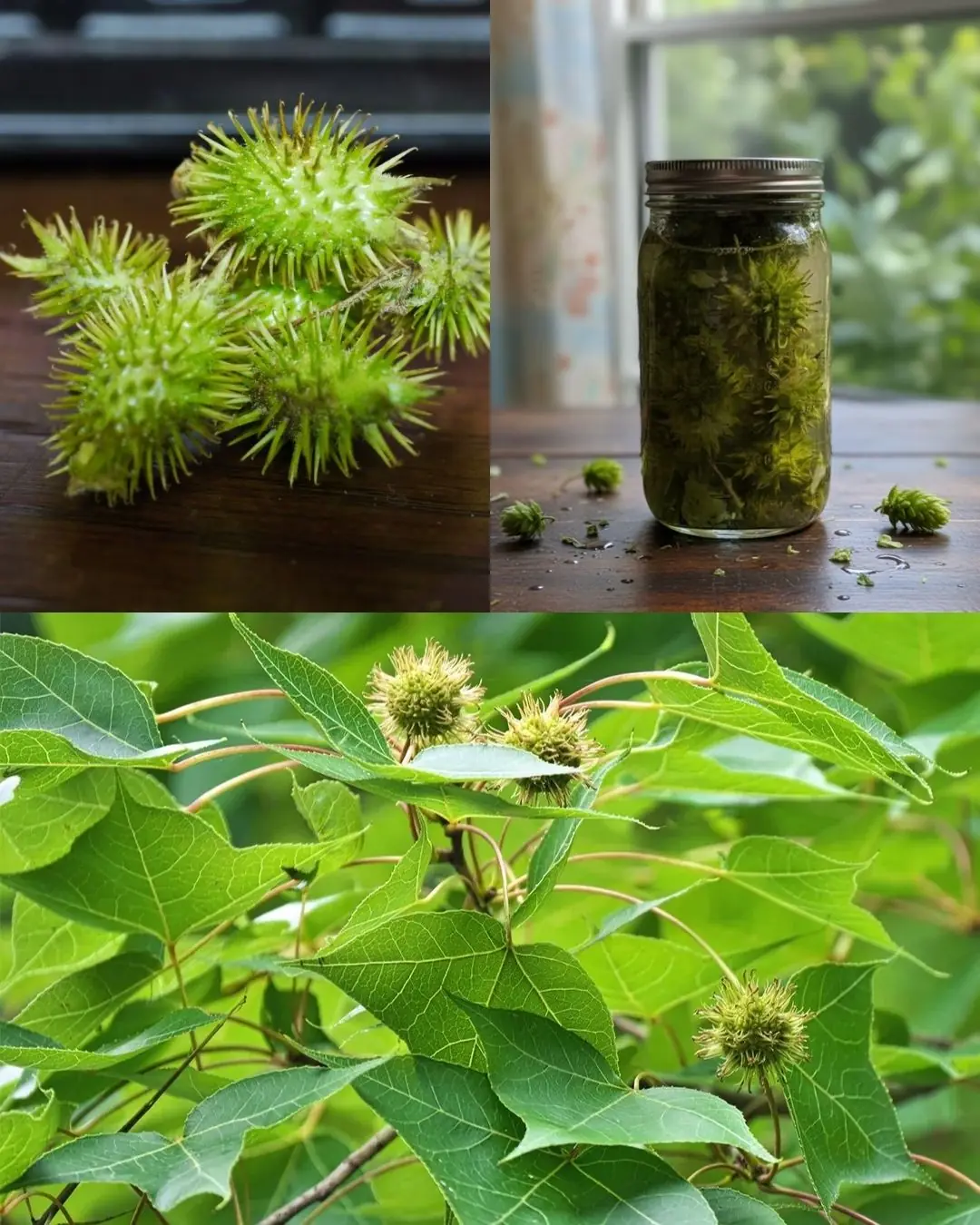
American Sweetgum (Liquidambar styraciflua): Health Benefits and Easy Ways to Use It at Home
News Post

How to Keep Supermarket Basil Alive and Thriving

3 Best Detox Drinks for Glowing, Healthy Skin

Erase Wrinkles and Fight Signs of Aging with Banana Face Pack: The Ultimate DIY Skincare Remedy

DIY Korean Rice Cream: The Secret to Wrinkle-Free, Glowing Skin Even After 50 – DIY Recipe and Benefits

Anti-Aging Face Mist with Rice Water: Unlock the Secrets to Hydrated, Glowing Skin
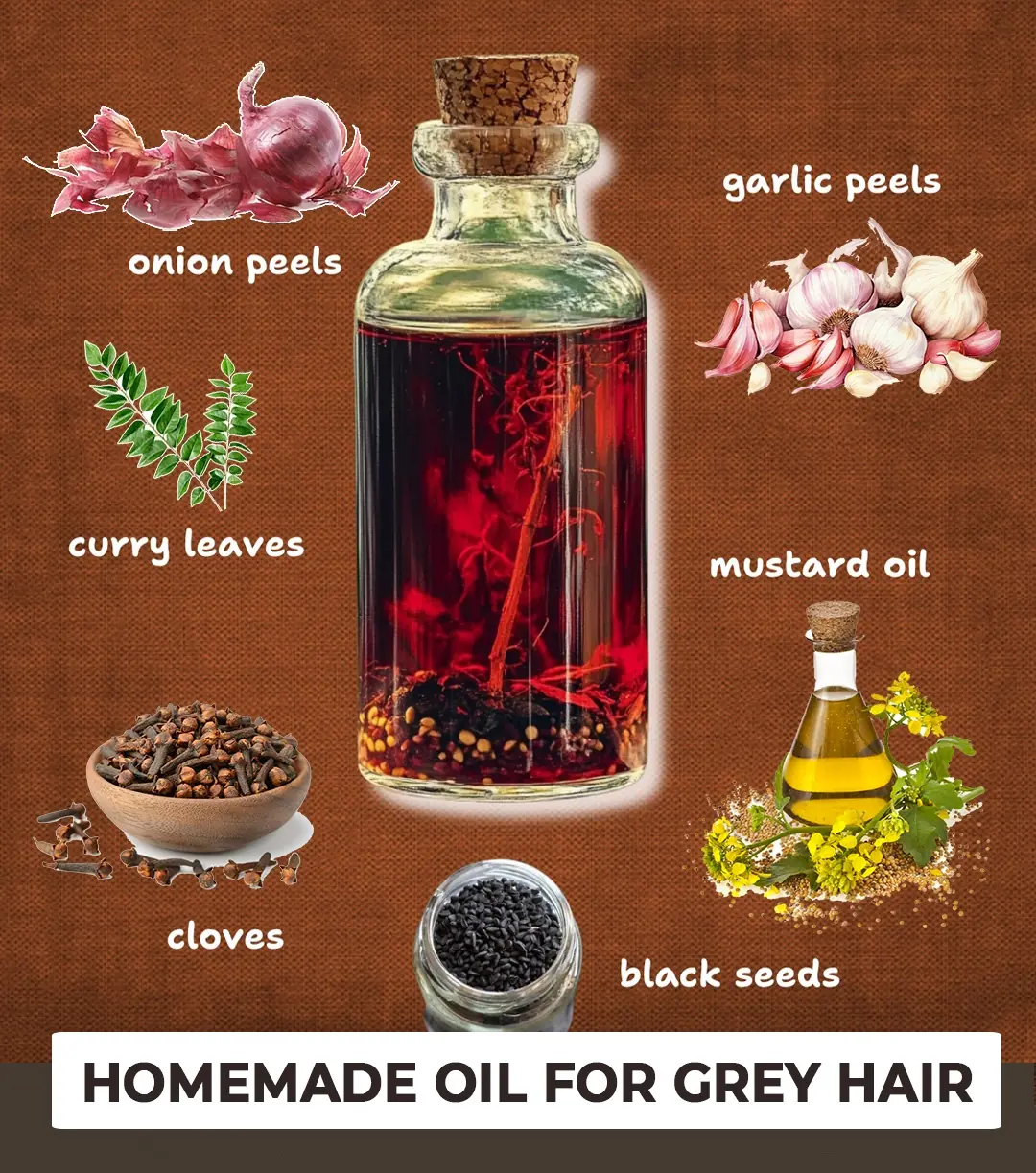
Roasted onion peel treatment for grey hair

Homemade Onion Juice Serum To Grow Thick Eyebrows In Just 1 Week

DIY Aloe Vera Beauty Cubes for Dark Spots, Acne, and Skin Rejuvenation: The Ultimate Skincare Hack

6 Home Remedies to Lighten Dark Underarms | How to get rid of Dark Underarms

DIY Aloe Vera Facial: A Step-by-Step Aloe Vera Facial for Skin Lightening

How to make banana vinegar with just 4 simple ingredients, and enjoy the delicious final product.

Drinking lemon ginger water provides these 6 amazing benefits for your body

Mosquitoes are most afraid of this bowl of water. Place it in your house, and no matter how many mosquitoes there are, they will all be gone. Sleep peacefully!

Drinking lemon ginger water provides these 6 amazing benefits for your body.

Anyone Whose Hair Is Falling Out Needs To Make This 2-Ingredient Drink Immediately

13 Detox Foods To Flush Out Toxins, Fight Cancer Cells And Relentlessly Hunt Free Radicals

Doctor warns: your ‘healthy’ lemon water habit is actually destroying your liver – here’s what you’re doing wrong

The Secret Power of Plantago Major that no one knows
